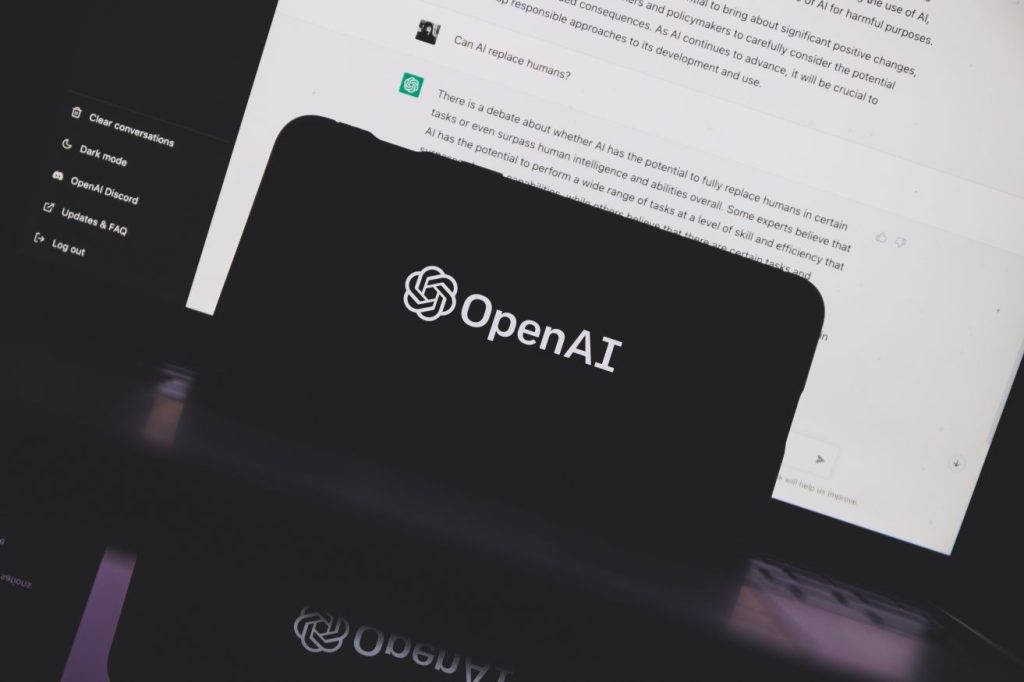Are you considering using ChatGPT to help you write something, and are wondering if it will be detected as plagarism?
Or, perhaps you’re simply curious how ChatGPT generates its outputs.
So, is ChatGPT plagiarism free, and is there any way to ensure it doesn’t generate plagiarized content?
In this article, I’ll cover everything that you need to know!
Does ChatGPT Plagiarize Text?

Generally speaking, ChatGPT does not plagiarize text.
While small snippets of text or certain phrases may have been published elsewhere, ChatGPT generates content from scratch, rather than simply pulling it from the internet.
When you look at its output as a whole however, it’s very rare that any significant portion of it is plagiarized.
Tests by others have indicated that plagiarism tools detect ChatGPT as low as 5% on their plagiarism scores, where 20% is considered an acceptable standard by many institutions.
So, while ChatGPT may not be 100% free from plagiarism, it doesn’t frequently generate plagiarized works.
So, Does This Mean It’s Safe To Use On Essays?
If ChatGPT isn’t commonly detected by plagiarism checking tools, this begs an important question – is it safe to use in essays, or other academic work?
Not necessarily.
Although the standard plagarism tools may not yet have the ability to detect ChatGPT content reliably, there are other tools that can detect it with much higher accuracy.
Additionally, using ChatGPT to generate your work for you is essentially cheating. It is not right, particularly in settings where your knowledge or writing skill is tested.
Similarly, using ChatGPT to generate text when it’s expected that you write it yourself isn’t right, and may have additional consequences.
Therefore, while ChatGPT can be a good source of inspiration or ideas, you should always follow the guidelines set out for you, for the task at hand.
Note: A Lot Of AI Text Can Be Detected
Because plagiarism is such an important issue, tools are being rapidly developed to be able to detect content that was generated by ChatGPT, GPT-3, and other large language models.
In fact, OpenAI just released their own classifier that can help detect generated text.
They’ve also announced plans to ‘watermark’ ChatGPT, so it will become obvious when the text has been generated using their model.
While these aren’t entirely reliable yet (especially since minor editing can drastically reduce their accuracy), it’s expected that these classifiers will become more powerful over time.
So, it’s possible that text generated by OpenAI’s language models will be easy to detect in the future.
The Educational World Is About To Be Changed Forever
Despite the fact that detection for AI text is getting better, I still believe that the entire academic world is about to undergo a massive shift, in a way that we’ve never seen before.
Before the internet, students would copy text from books or encyclopedias.
Then, for the last 25 years or so, people began copying text from the internet.
Both of these could eventually be detected with relative ease.
However, language models like ChatGPT operate similarly to a human brain – using everything it knows to generate text in real-time, much of which has never been generated before.
To make matters worse, a lot of AI classifiers are ineffective on smaller bodies of text (the length of high school or middle school essays for example.)
Additionally, many classifiers can be bypassed with just a small amount of editing to the output.
So, educators may struggle to combat plagiarism in the very near future, even if they are fully aware of ChatGPT and other future language models.
Conclusion
Although ChatGPT is capable of plagiarizing text (as we all are, even when we write naturally), this isn’t common.
Language models like ChatGPT aren’t simply relaying information they’ve found back to you. Instead, they are generating text in real-time based on everything it knows, similarly to how a human brain works.
So, although certain phrases may be published online, the entire work itself is usually plagiarism free.
That being said, you shouldn’t use ChatGPT to try and cheat. Classifiers are available that can detect whether content was AI generated, and these tools are getting better all the time.
Of course, if you have any other follow-up questions, ask them below and I’ll be happy to help.
Wishing you the best,
– James McAllister
